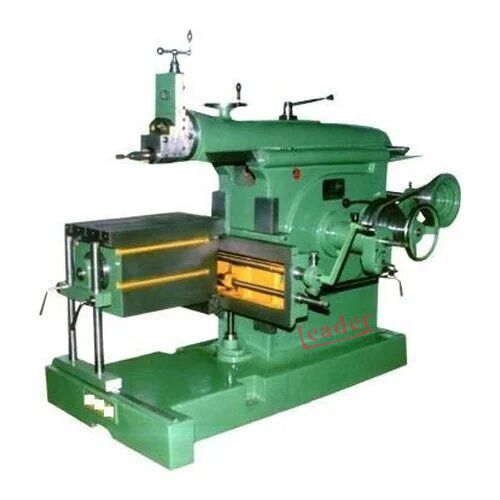In our fast-paced world, where consumption is rampant and waste seems inevitable, the importance of recycling cannot be overstated. Among the various materials that can be recycled, metal stands out for its significant environmental and economic benefits. In this article, we delve into why recycling metal is crucial for our planet’s well-being and our own future.
Preserving Natural Resources
One of the primary reasons why recycling metal is vital lies in the conservation of natural resources. Metals such as aluminum, copper, and steel are extracted from ores found in the Earth’s crust through mining processes that are not only energy-intensive but also environmentally damaging.
By recycling metal, we reduce the need for mining, thereby preserving precious resources and minimizing habitat destruction and pollution associated with extraction.
Energy Savings
Another compelling argument for metal recycling is the substantial energy savings it offers. Producing new metal from raw materials requires vast amounts of energy, whereas recycling metal consumes significantly less energy.
For instance, recycling aluminum requires only about 5% of the energy needed to produce it from scratch. This energy efficiency not only reduces greenhouse gas emissions but also helps mitigate the impact of climate change.
Reducing Landfill Waste
The accumulation of waste in landfills is a pressing issue worldwide, with overflowing landfills posing serious environmental and health risks. Metal, if not recycled, contributes to this problem due to its non-biodegradable nature.
By recycling scrap metal, we divert substantial amounts of waste from landfills, extending their lifespan and alleviating the burden on our ecosystems.
Economic Benefits
Beyond its environmental advantages, recycling metal also offers significant economic benefits. The recycling industry creates jobs, stimulates local economies, and generates revenue through the sale of recycled materials.
Additionally, recycling metal reduces the demand for virgin materials, thereby stabilizing prices and promoting economic sustainability in the long run.
Preserving Air and Water Quality
The production of metal from raw materials releases pollutants into the air and water, contributing to air and water pollution. Recycling metal helps mitigate these harmful effects by reducing the need for resource-intensive mining and refining processes.
By minimizing pollution, recycling metal contributes to cleaner air and water, thereby safeguarding public health and the environment.
Promoting Circular Economy
Recycling metal is a fundamental aspect of a circular economy, where resources are reused, repurposed, and recycled in a closed loop, minimizing waste and maximizing resource efficiency. Embracing a circular economy mindset is crucial for transitioning towards a sustainable future, where resources are valued and managed responsibly for the benefit of present and future generations.
Conclusion
In conclusion, the importance of recycling metal cannot be overstated. From conserving natural resources and reducing energy consumption to mitigating pollution and stimulating economic growth, the benefits of metal recycling are manifold.
By recycling scrap metal, we contribute to a healthier environment, a more sustainable economy, and a brighter future for generations to come. Let us recognize the value of scrap metal and strive to embrace recycling as a fundamental practice in our daily lives.











